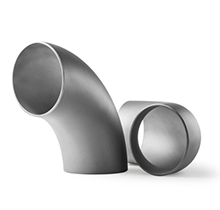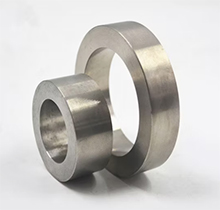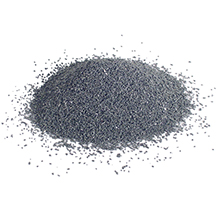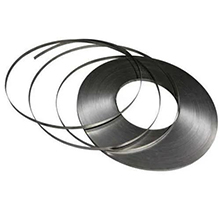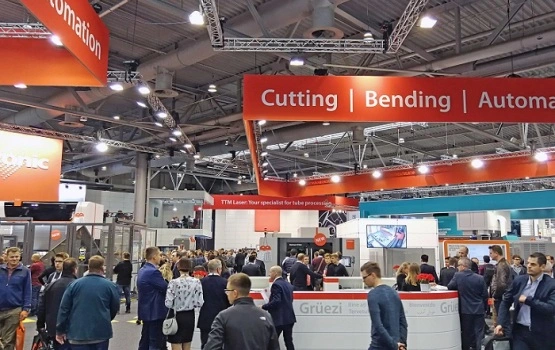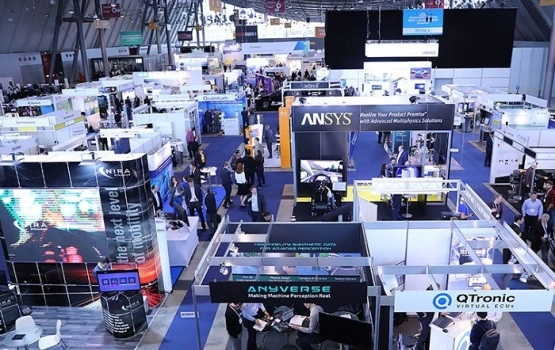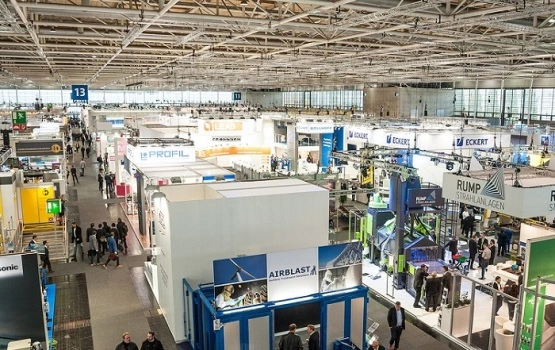Airbus is actively advancing material circularity across the aerospace value chain, with a strong focus on two key metals: titanium and aluminum. Titanium alloys are widely used in structural components such as pylons, engines, and landing gear, while aluminum is commonly applied in fuselage structures, wings, and interiors. Both metals are known for being lightweight, corrosion-resistant, and having a high strength-to-weight ratio. Titanium also offers excellent heat resistance and fatigue strength.
1. Reducing Titanium Consumption Through Additive Manufacturing (ALM)
To minimize titanium waste, Airbus is applying Additive Layer Manufacturing (ALM), a form of 3D printing. Unlike traditional forging or machining processes that remove large amounts of material, ALM builds parts using only the required amount of material.
Powder Bed Fusion (PBF): This method uses a laser to fuse titanium powder layer by layer. For example, Airbus replaced a 10-piece latch shaft assembly on the A350 with a single integrated titanium part, reducing its weight by 45%. This change lowers the weight of each aircraft by about 4 kg and can reduce CO₂ emissions by up to 12.6 tonnes over a 20-year service life.
Directed Energy Deposition (DED): This process melts titanium wire using a laser and deposits it layer by layer to build large, near-net-shape parts. DED is suitable for components with regular geometries and offers a shorter development cycle compared to traditional forging. It also helps alleviate supply chain pressures for titanium alloys. The first two DED-printed parts were installed on an A350 aircraft in July 2023.
2. Promoting Closed-Loop Recycling of Titanium Scrap
Even with advanced manufacturing, some waste is inevitable. Airbus is investing in closed-loop recycling systems to reuse titanium scrap from production lines.
EcoTitanium has been recycling titanium scrap from Airbus’ pylon production at the Saint-Eloi plant in Toulouse, France since 2024. As of early 2025, it has processed 460 tonnes of scrap and is working to establish a closed-loop system with the Premium Aerotec plant in Germany.
In June 2025, EcoTitanium produced the first-ever recycled titanium ingot made from retired aircraft pylon scrap. This project was led by Airbus in collaboration with IMET Alloys. The ingot was then used by Aubert & Duval to manufacture new forged fuselage parts, marking the first time scrap from retired components was reused to produce aerospace-grade titanium.
EcoTitanium is the first company in Europe to offer aerospace-grade recycled titanium, capable of producing ingots with up to 75% recycled content. Its process is also four times more energy-efficient than conventional sponge titanium production, significantly reducing carbon emissions.
 English
English  日本語
日本語  한국어
한국어  Deutsch
Deutsch  русский
русский  العربية
العربية 
